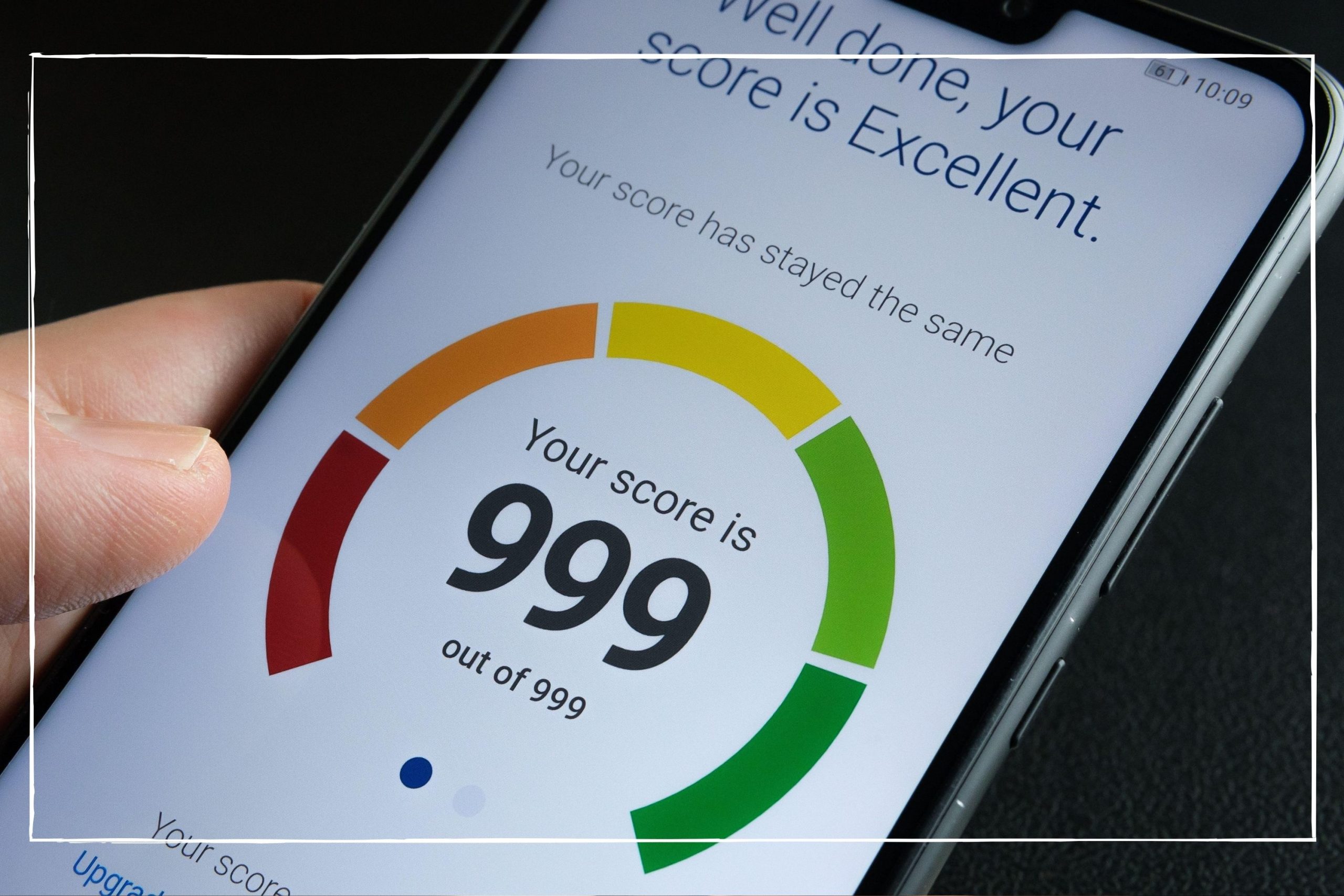What is a credit score and how to check your score for free
Borrowers with top-notch credit scores will get the best deals on loans and credit cards - here’s what you need to know.

You've probably heard the term, but what is a credit score?
It's hugely important and you should keep a close eye on your credit score. It will make a big difference to what you’ll pay if you ever need to borrow money. For this reason, it pays to know how your credit score works. If you're concerned about your past finances, don't panic - there are lots of ways to improve your credit score.
James Jones, head of consumer affairs at credit reference agency Experian, says: “It’s worth investing a little time on your credit score. It can gain you access to the very best rates on products like credit cards, mortgages and loans. Fortunately, there are several ways you can begin to improve your score, with the first step being to check where you stand right now.”
What is a credit score?
A credit score determines whether you are deemed to have good or bad credit. Whether you want to take out a mortgage or just arrange a new mobile phone contract, you can expect the lender to check your credit history. When you apply for a loan, lenders will run a credit check to assess your eligibility for a loan. This check will reveal your credit history - your previous track record of borrowing and repaying on time.
Lenders will use this to generate a credit score. This is then used to determine how reliable a borrower you are likely to be. A good credit score gives you access to the cheapest deals.
GoCompare’s money expert, Matt Sanders says: “Your credit score is something lenders use to help determine how financially reliable you are, along with other factors such as your employment status, income, outgoings, and the purpose of the credit. If you have a high credit score, lenders will see you as less risky and they may be more likely to approve your loan, whether it’s on a car, a mortgage, credit card, overdraft or even a new phone.”
What is a credit score used for?
Your credit score helps your lender quantify that you are a reliable borrower. It shows whether you have a record of repaying loans and paying bills on time. The higher your credit score, the more reliable a borrower you are considered to be.
Parenting advice, hot topics, best buys and family finance tips delivered straight to your inbox.
If you miss payment dates for any kind of debt - even your mobile phone or gas bill - this will be visible to other creditors. This could then impact future credit applications. Missed or late payments could indicate you are financially stretched or lack responsibility. Lenders are then unlikely to view you as a decent candidate for further borrowing.
A good score generally comes from a history of managing money responsibly. But what that looks like is a well-kept industry secret. Banks and other lenders don’t reveal how they score you which can be frustrating.
However, the main credit reference agencies have their own scoring systems which you can see. At Equifax the scale is 0-1,000 and at TransUnion it’s 0-710. Experian runs on a scale of 0-999 and is provided as a guide to how lenders might interpret the information on your Experian Credit Report. Experian credit score bands are: very poor is 0 – 560, poor is 561 – 720, fair is 721 – 880, good is 881 - 960 and excellent is 961 – 999.

What can harm your score?
There are multiple things that can harm your credit score, including:
- Missed payments
- Large amounts of debt
- Multiple credit applications
And it’s not just about failing to make repayments. If you have lots of large debts, it will have an impact. Multiple applications can also be harmful. Every time you apply for credit of any sort, it shows on your record. While it won’t spell out if you were rejected, multiple applications will suggest your applications are unsuccessful. This looks bad to any other lenders you might apply to.
Money expert Matt Sanders, explains: “There are a number of factors that determine your credit score, from past credit agreements and repayment history to the types of credit you have open currently, and how much you owe. If you miss regular repayments, fail to pay bills or have lots of debt, these factors will contribute to a lower credit score.”
Later this year, buy now pay later accounts will also be logged on credit files. This move could see millions of people having their score negatively impacted should they take on debt they can’t afford. If you are in debt and need help, check out our practical guide to how to pay off debt.
Having no credit history can be as bad as having a poor credit history, This is because lenders feel more comfortable dealing with people who have a track record of paying off loans. Those who have borrowed money in the past and showed they can make repayments on time have more chance of making a successful application.
How can I find out my score for free?
You can get a good idea of where you stand by checking your credit score for free at the credit reference agencies before you apply for a loan. You need to get this direct from the three main credit reference agencies - Equifax, Experian and TransUnion. All three will give you a credit report free of charge. It’s good practice to check all three as you can then have peace of mind that whichever one a lender uses, you’ve made sure it’s shipshape.
Alternatively, use CheckMyFile's free trial to check all three in one go.
Checking your score doesn’t impact your credit history – or score. It's something that only you and the credit reference agency will know about.
If you are interested in regularly checking or monitoring your score and obtaining an indication of your creditworthiness, you can get online access with paid-for credit report packages. For example, your first 30 days of Equifax Credit Report & Score is free, then it's £7.95 per month. For that you get unlimited online access to your latest Equifax Credit Report & Score, as well as alerts about any significant changes to your credit report. It also promises comprehensive support from its customer care team. You can cancel at any time.
Alternatively, Experian’s CreditExpert service is free for 30 days and £14.99 a month thereafter.
Video of the Week